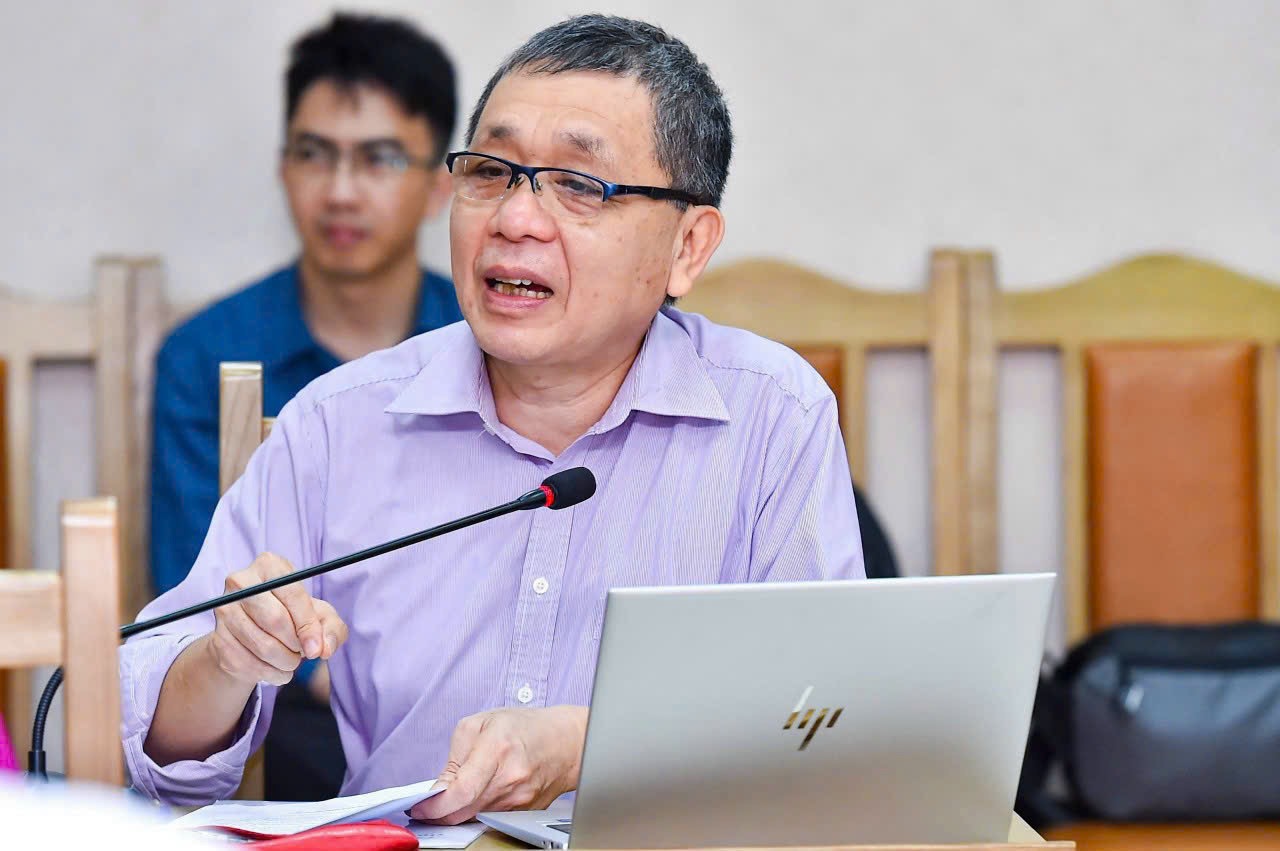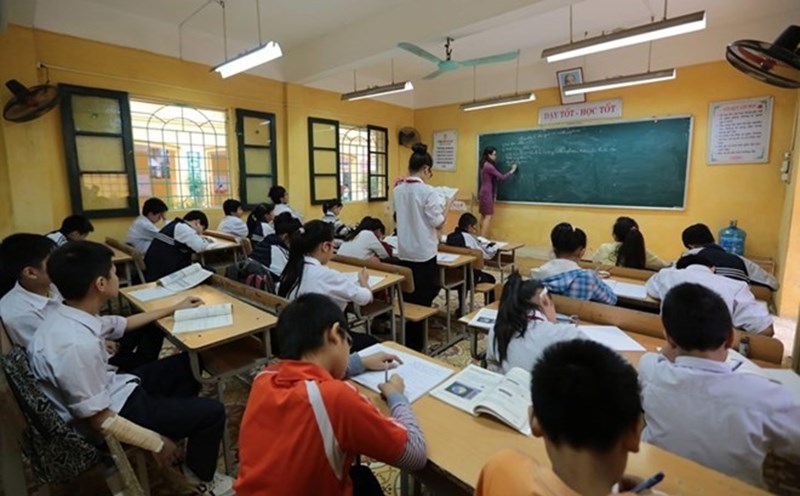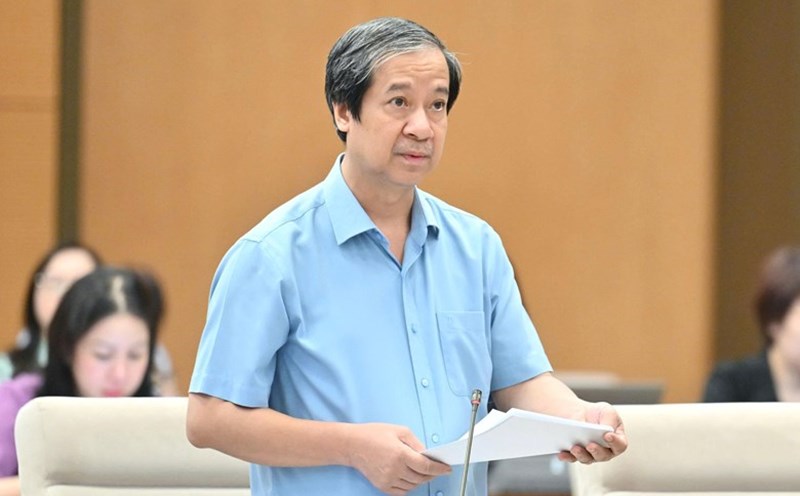It is not simply a salary increase
Dr. Le Dong Phuong - former Director of the Center for Higher Education Research, Vietnam Institute of Educational Sciences - commented that after the merger, many remote areas have expanded in terms of management area, but the policies for teachers in these areas are still not really synchronous.
According to him, the story of attracting good, highly qualified teachers to disadvantaged areas is not simply about salary increases or financial incentives.
"First, it is necessary to clearly define what a high-quality teacher is. Second, it is impossible to separate the issue of attracting teachers out of their livelihoods and families" - Dr. Phuong said and believed that for a teacher to work with peace of mind, they must ensure the lives of their family, children and themselves. If policies only focus on the treatment of individual teachers, policies will often be unlikely to succeed.
He gave a reality that is often overlooked, in many remote areas, even though teachers' income is higher than the average in big cities, they do not have the conditions to consume or enjoy life commensurate with their capacity.
"Compared to teachers in the plains or cities, their income can be double or threefold, but the conditions for shopping, eating, playing, and accessing basic services such as buying fresh food are very limited. There are places where only one person sells fresh food every week," he said.

Regarding solutions, Dr. Le Dong Phuong emphasized that in addition to financial treatment, it is necessary to pay attention to the family life of teachers.
"If you invite a good teacher to a difficult commune, you have to consider whether they want to take their whole family with them, and if they do, their family also needs appropriate support. This is a key factor for teachers to feel secure in their work and stay with the profession for a long time" - Dr. Phuong emphasized.
He suggested some flexible mechanisms such as arranging reasonable working days, increasing days off, allowing shorter working weeks, supporting travel between workplaces and family residence, or providing fully- amenized public housing. This helps teachers maintain a normal life, while still ensuring the quality of their work.
Another important point he noted is policy fairness. Many local teachers want to return to teach in their hometown but do not enjoy the same incentives as those from other places.
"If a teacher is good at pedagogical studies, works in a city or favorable area for a few years and returns to their hometown to serve, they often do not receive any incentives. While others go there and are supported. This is a fair issue and also directly affects working motivation" - he explained.
Solving it synchronously
Dr. Nguyen Tien Dinh - former Deputy Minister of Home Affairs - said that using material treatment policies, including salaries or some other allowances, not only retains talented people but also involves the working environment, promotion opportunities and development. Therefore, it is necessary to solve it synchronously, not just focus on one solution.
According to Mr. Dinh, to retain cadres, civil servants, public employees and workers in the public sector, it is necessary to strongly reform salary policies and reward regimes, ensuring that workers' income is at a good standard of living for their efforts.
At the same time, there must be measures to evaluate cadres, civil servants and public employees objectively and transparently based on the results they have achieved during their work and have a worthy and un equitable reward regime.
Dr. Le Dong Phuong proposed that to design a policy to effectively attract civil servants in general and teachers in remote areas in particular, it is necessary to have a long-term vision, synchronize solutions: financial incentives, material support, flexible working regime, and most importantly, take care of their family's lives.
"If the policy does not comprehensively address these issues, it will be very difficult to attract and retain high-quality teachers in disadvantaged areas" - he emphasized.











